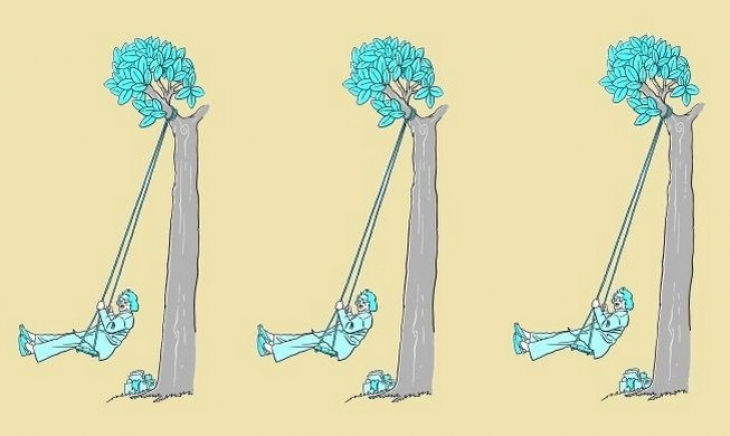If schools begin to differentiate students as leaders and followers, they undermine one of the pillars of education: the reduction of natural and social inequalities in the classroom to create the common citizenship essential to any social pact.
by Luigino Bruni
published in Messaggero di Sant'Antonio on 04/05/2024
Leadership has become a sacred word in the new religion of capitalism. It is invoked everywhere. Even church environments are captivated by it, where one encounters courses on the leadership of Jesus, St Benedict and even St Francis. Despite the fact that the founder of Christianity said: ‘Neither be ye called masters [that is, leaders], for one is your master, the Christ’ (Mt 23:10), and then built the whole of Christian humanism around the concept of following, which is the exact opposite of leadership. And yet, although the adjectives have been multiplying (inclusive, kind, communitarian...), the noun, leadership, is never questioned.
The reasons for the emergence of this new dogma are many, but at its root there is a new great relational and emotional fragility of workers and managers, in a world that has “unlearned” how to work together. And so, on the one hand, we criticise patriarchy and all the humanism of that hierarchical world, but on the other, we are building a culture of leadership that, in many respects, is more patriarchal than patriarchy itself (it is striking how the feminist movement has not yet realised how much machismo is embedded in the idea of leadership).
Furthermore, there is a worrying recent phenomenon suggesting that the direction this new business humanism is taking has to do with the world of education. I was struck by the stories of two female colleagues about their conversations with their sons' and daughters' teachers. The teachers repeated, in similar words, the same type of concept: ‘your daughter, your son, has all the character traits to become a leader in the class, but we are not sure if they will make it, because there are others with whom they are competing – you have to help them at home to strengthen their leadership skills’.
This kind of argument, I thought, was limited to the university environment, but instead the reported talks refer to secondary school (and so children aged 11-13 - the tr.), where corporate mentality is entering heavily (perhaps it will soon arrive in primary schools as well). The unfortunate change in the name of the Ministry of Education (which has also become “of merit”) had already signalled a change in educational culture in the country, because meritocracy and leadership are two sides of the same coin: a leader is different from the old “manager” or “head of office”, also because they deserve the following of their “employees” (translating to “dipendenti” as in “dependents” in Italian - the tr.), who have become “followers” (watch out for the language of social media on this).
But if schools begin to distinguish and separate students into leaders and followers, they undermine one of the pillars of the education of children and young people at its foundations: the reduction of natural and social inequalities in the classroom to create the common citizenship essential to any social pact. At school, young people should learn to be the companions of all the others, because civil fraternity begins in the classroom. Some mechanisms already exist to differentiate scholastic “merits”; these are called evaluations and grades, and everyone in the classroom knows who are the best students and those who are not so good or who are better at other subjects. If, on the other hand, to these inevitable inequalities of talents and opportunities we start adding the leadership skills that only a few would have, inequalities will grow more and more until they destroy civil coexistence.
The most deleterious aspect of this business ideology-religion is its presenting itself as harmless, and therefore being accepted without any resistance by teachers and families. A renewed focus/attention should be paid by all on what is happening in the world of schools.













